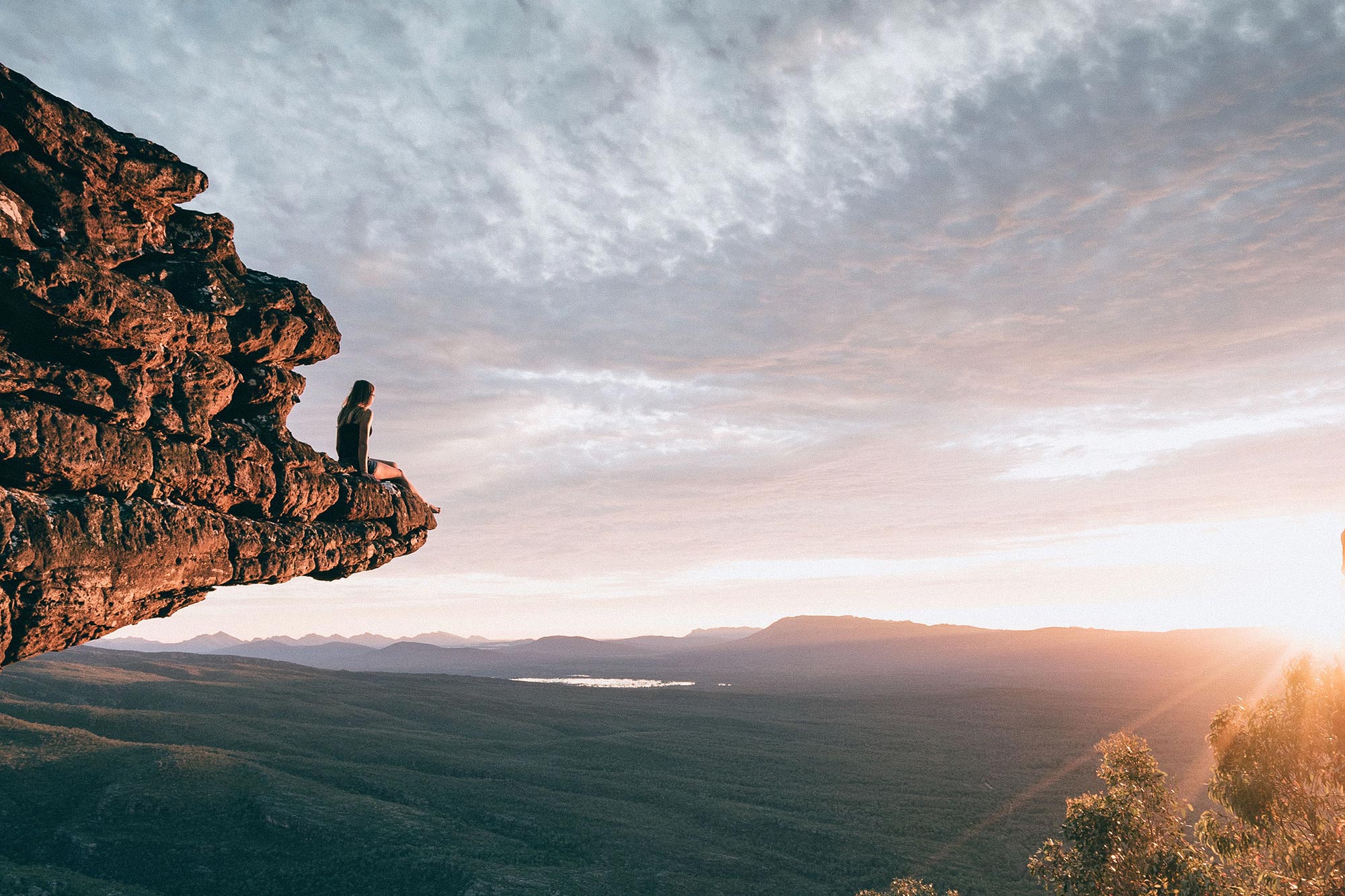›
›
›
Join Evolve Tours to experience Costa Rica beyond the classroom: you’ll explore immaculate rainforests, warm rivers, white-sand beaches, and a Pura Vida (“pure life”) lifestyle that is unmatched throughout the world. Hike the trails less traveled and participate in hands-on workshops with a differentiated learning approach to see what Costa Rica is really about. Student trip itineraries are completely customizable for your group, desires, and needs.
Just as ecosystems depend on their relationships with one another for support, so do we. By working together, we mirror the lessons our environment teaches us and learn how to be more integrated and intentional global change-makers.
Although it is a small country, Costa Rica is home to six percent of the world’s biodiversity, making it one of the best places to recognize the abundance and beauty in nature. Students will learn to honor the environmental bounty Costa Rica offers and value the power of relying on individual strengths to solve complex problems.
As they consider all elements that make up whole systems, in Costa Rica, students will learn the positive impact of zero waste approaches to environmental sustainability and how to bring these sustainable practices home.
We're happy to help answer any questions you might have about a trip to Costa Rica: Accommodations, Meals, Flights, Activites, Itinerary and more!

If our most popular trips aren’t hitting the destination you’re seeking, we can help create the ultimate trip experience for you! Since 2006 we’ve been exploring countries and territories around the world including: Australia and Vietnam in the Pacific; Ghana and Uganda in Africa; Croatia, Italy, and the UK in Europe; Israel, Palestine, and Jordan in the Middle East; and the United States, Mexico, and all across our beautiful home of Canada.